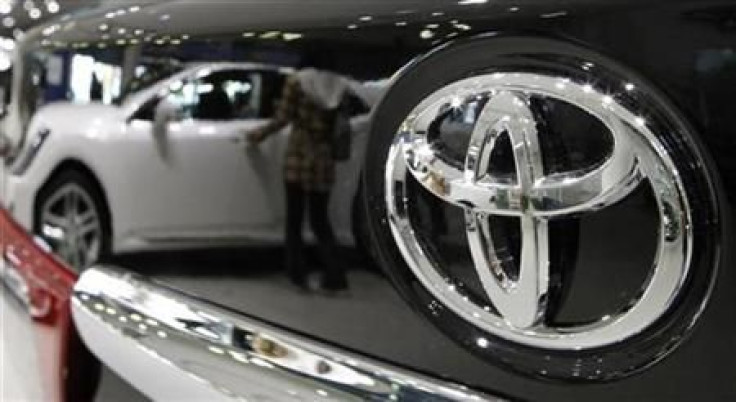Toyota Motors to unveil 10 more hybrids by 2015

Toyota Motor Corporation plans to expand the line of hybrid models, launching about 10 more by 2015, and continue to develop a full range of plug-in hybrid vehicles, pure electric vehicles and fuel cell vehicles, the carmaker said in its 'Toyota Global Vision' corporate outline for the future.
The text of the Toyota Global Vision reads: Toyota will lead the way to the future of mobility, enriching lives around the world with the safest and most responsible ways of moving people. Through our commitment to quality, constant innovation and respect for the planet, we aim to exceed expectations and be rewarded with a smile. We will meet challenging goals by engaging the talent and passion of people, who believe there is always a better way.
As part of the vision, interim initiatives for 2015 include:
* Greatly improve the design and feel of Toyota models and make way for the leading role of localization in vehicle production.
* Expand Toyota's line of hybrid models, launching about 10 more by 2015, and continue to develop a full range of plug-in hybrid vehicles, pure electric vehicles and fuel cell vehicles.
* Continue to pursue further gains in fuel economy in conventional gasoline engines.
* Focus in the years to 2015 on models for minimizing environmental impact and on models optimized for needs in emerging markets.
* Introduce environmental-friendly vehicles globally; in emerging markets strengthen local production, including that of IMV (Innovative International Multipurpose Vehicle) and newly developed subcompact models.
The carmakers' 'Toyota Global Vision' corporate outline for the future will serve not only to give direction to Toyota employees around the world, but also to convey such direction to customers and to the public at large.
Governments across the world have set aside billions of dollars in the form of subsidies for early adopters of these alternative energy cars and to boost production of batteries for such vehicles despite persisting doubts about how many people will actually buy them.
The Department of Energy said it is investing $2.85 billion in electric vehicles of which $2 billion will go to help US carmakers produce advanced vehicle batteries and drive train components. Around $400 million will be invested to buy, test, and deploy different types of electric vehicles in the marketplace, and $300 million in cost-share projects under the Clean Cities program.
According to a recent report from Bloomberg New Energy Finance, plug-in electric vehicles, including plug-in hybrids and battery electric vehicles, have the potential to make up 9% of auto sales in 2020 and 22% in 2030 (1.6 million and 4 million vehicle sales respectively).
© Copyright IBTimes 2024. All rights reserved.











